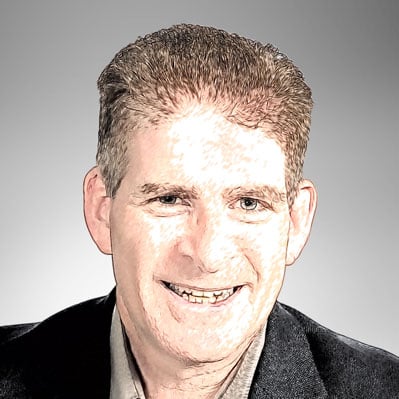AutoQuiz is edited by Joel Don, ISA's social media community manager.
This automation industry quiz question comes from the ISA Certified Control Systems Technician (CCST) program. Certified Control System Technicians calibrate, document, troubleshoot, and repair/replace instrumentation for systems that measure and control level, temperature, pressure, flow, and other process variables. Click this link for more information about the CCST program.
Which of the following is true of most pressure measurement methods?
a) They are not able to measure a small differential pressure
b) The sensor matches the digital or analog signal conditioning and transmission
c) They are sensitive to volume but not temperature
d) They measure pressure by sensing the deflection of the diaphragm
e) none of the above
The deflection is converted into an electrical signal (voltage) by a piezoelectric or capacitance device. The small electrical current is converted to a standard signal (e.g., 4–20 mA or a digital signal) by a transmitter. Therefore, answer B is not correct.
Answer A is not correct, because pressure sensors can measure very small pressure changes (inches of water) and in some cases, millimeters of water.
Pressure measurement devices are not affected by volume, since they are measuring force over an area only. Many pressure sensors are sensitive to temperature (capillary tubes are filled with fluids that can expand with temperature). Therefore, answer C is not correct.
The correct answer is D, they measure pressure by sensing the deflection of the diaphragm. For most pressure applications, changes in pressure are detected by the change in deflection of a measuring diaphragm.
Reference: Goettsche, L.D. (Editor), Maintenance of Instruments and Systems, 2nd Edition
About the Editor
Joel Don is the community manager for ISA and is an independent content marketing, social media and public relations consultant. Prior to his work in marketing and PR, Joel served as an editor for regional newspapers and national magazines throughout the U.S. He earned a master's degree from the Medill School at Northwestern University with a focus on science, engineering and biomedical marketing communications, and a bachelor of science degree from UC San Diego.




